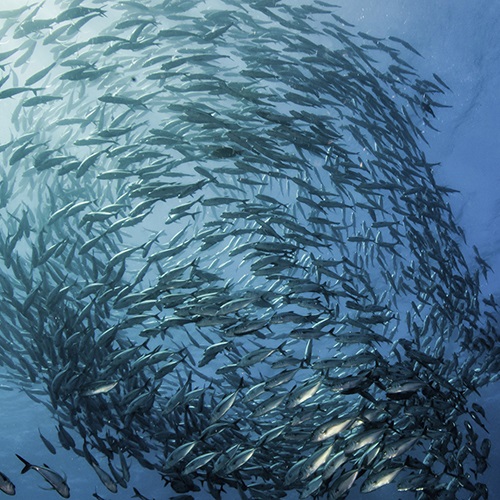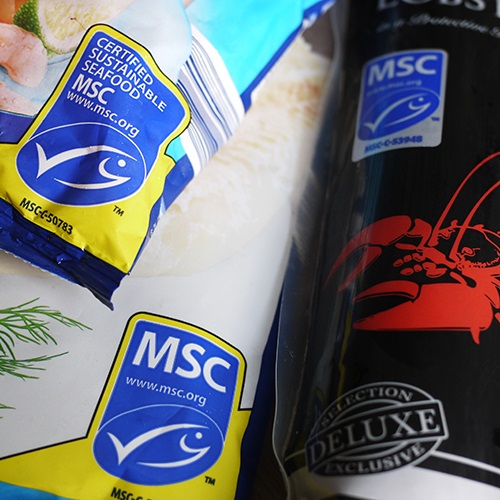First Inland Fishery in the US Achieves Third Party Sustainability Certification
Utah’s Great Salt Lake brine shrimp fishery has officially achieved the Marine Stewardship Council's (MSC) sustainable wild fishery certification, making it the first inland fishery in the United States to earn this prestigious certification.
15 May 2023
American Tuna, Inc. Awarded Ocean Sustainability Award
24 August 2022
MSC appoints new director to lead US program
28 July 2022
Wild Alaska Pollock Named a 2021 MSC US Ocean Champion
20 January 2022
EcoFish Founders Awarded a 2021 MSC US Ocean Champion Award
07 December 2021



